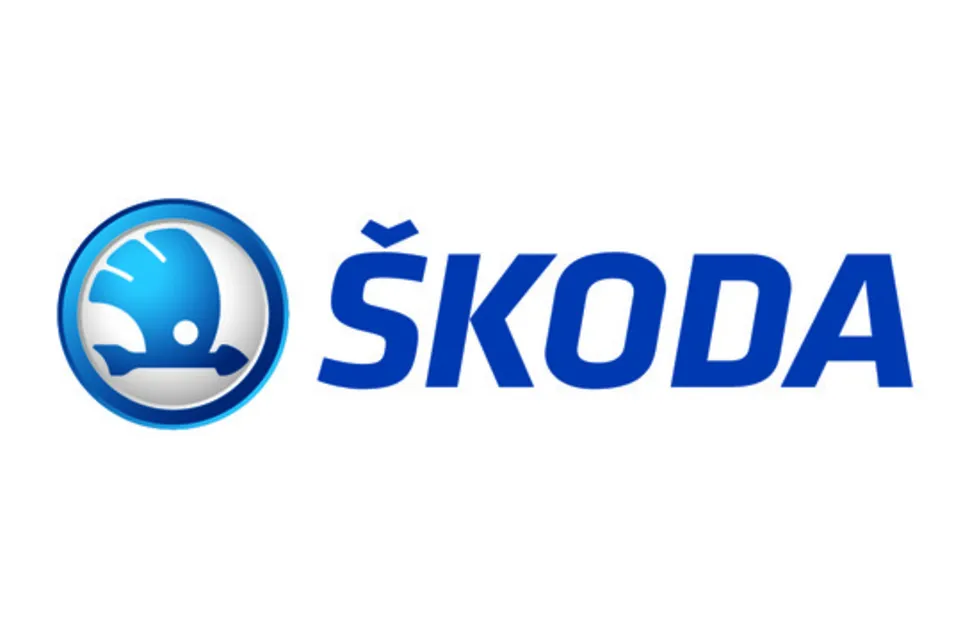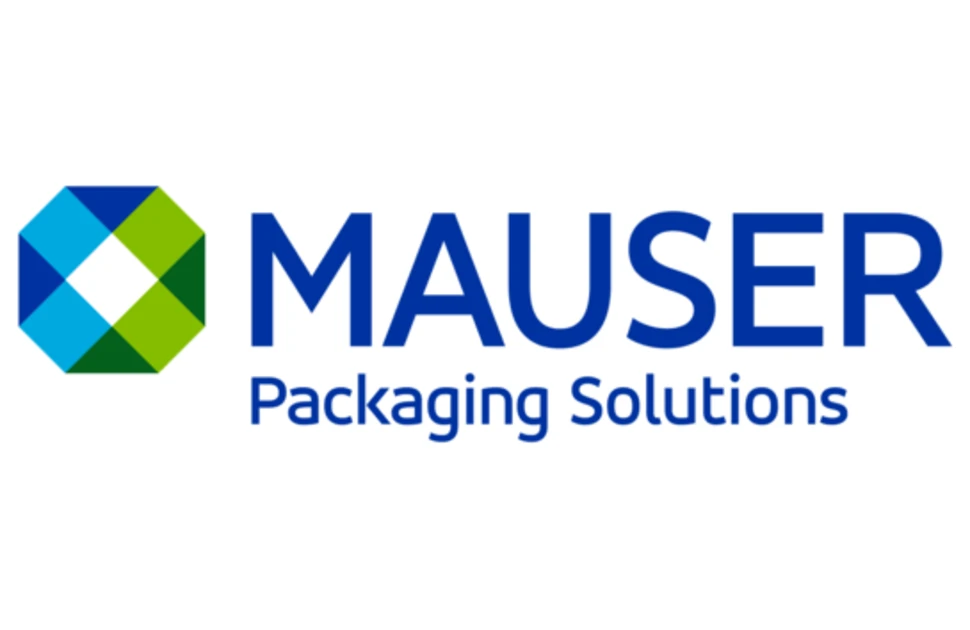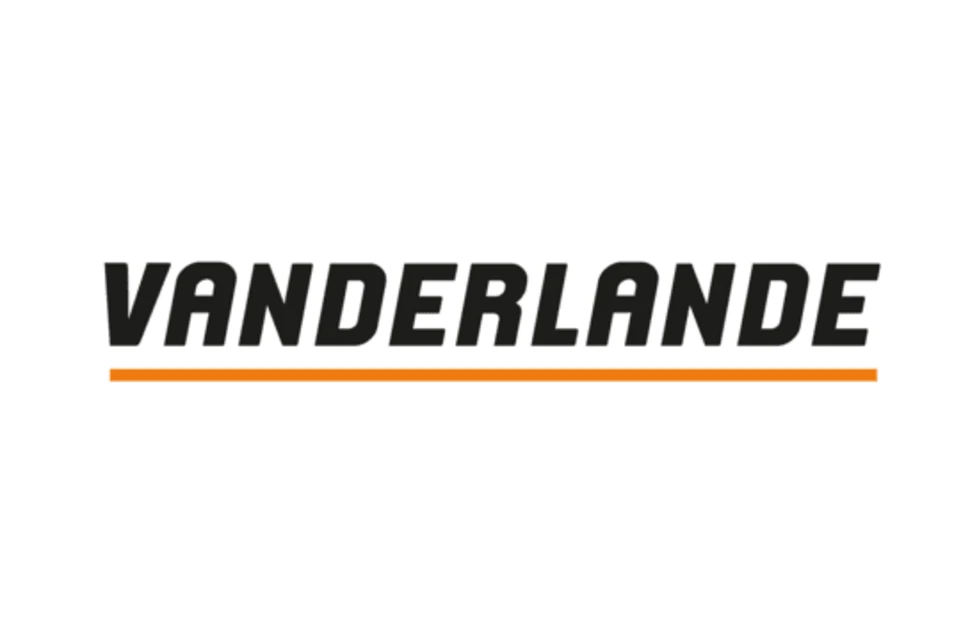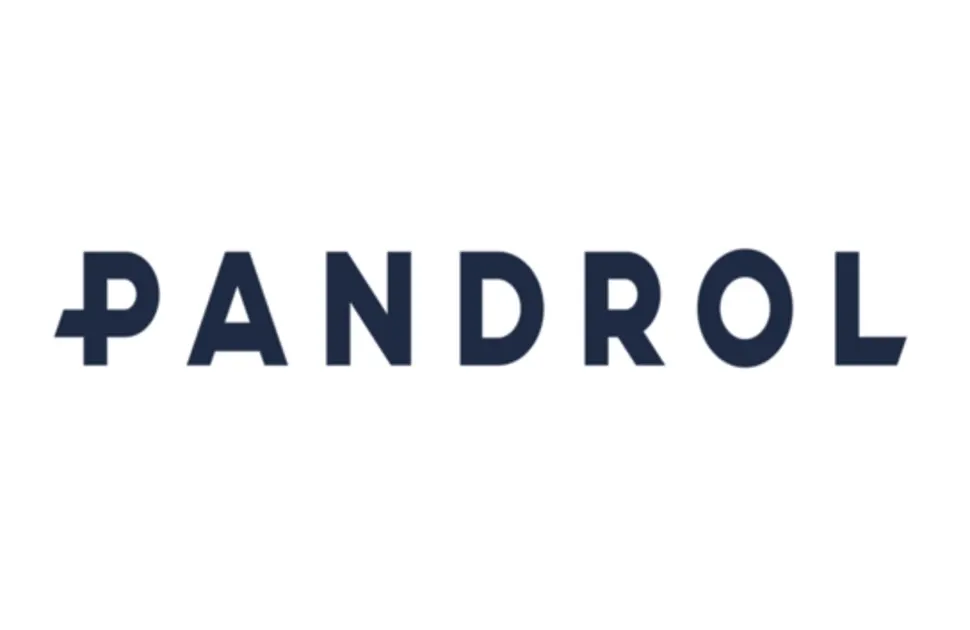Take it to the limit
Credit limits and financing within the steel industry are becoming the major topic of the day, even ahead of material availability. Steel prices have more than doubled in recent months, but banks and trade insurers have not adjusted their limits at the same rate. They are conservative in their approach, an attitude that is so hard to change.
Finance houses are extremely reluctant to increase credit just to cater for market speculation. Indeed, rapid escalation of prices tends to raise their caution.
Current limits are largely based on 2019 results. Many companies will have taken a financial hit, due to coronavirus, in the intervening time and the 2020 figures might not look too attractive, just as businesses are coming back to the banks for more credit. The institutions may take a more favourable stance once the markets seem to settle down.
Steel suppliers are taking advantage of the credit squeeze to shorten payment terms. In Italy, where terms are traditionally amongst the longest in Europe, the mills are insisting on shortening their conditions to 30 days, from 60. Other mills request cash up front, as they struggle with feedstock supplies. Such a move, however, puts the risk back on the customer, with bank guarantees hard to secure.
Several import traders have exhausted their credit lines and are asking the end customers to raise Letters of Credit. Many of these are unable or unwilling to comply, not just because of their own financial limits but also because it disrupts normal arrangements and even brings the traders’ role into question. Such business relationships could become difficult if the current boom were to collapse tomorrow.
The question of affordability is also coming to the fore. Distributors and service centres have doubled their investment just to maintain normal stock levels. This is stretching financial resources. Reducing inventory and raising margins might prove an attractive, if short-term, solution, in the prevailing conditions. However, this would increase end-users’ input costs, stifling private demand and adding to inflationary pressure.
Rising interest rates are the last thing governments want to see, as they try to support increased investment, to aid post-Covid recovery. Meanwhile, businesses are looking for freedom once more.
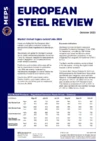
Source:
European Steel Review
The MEPS European Steel Review is an informative, concise and easy-to-use monthly publication, offering unique professional insight into European carbon steel prices.
Go to productRequest a free publication
